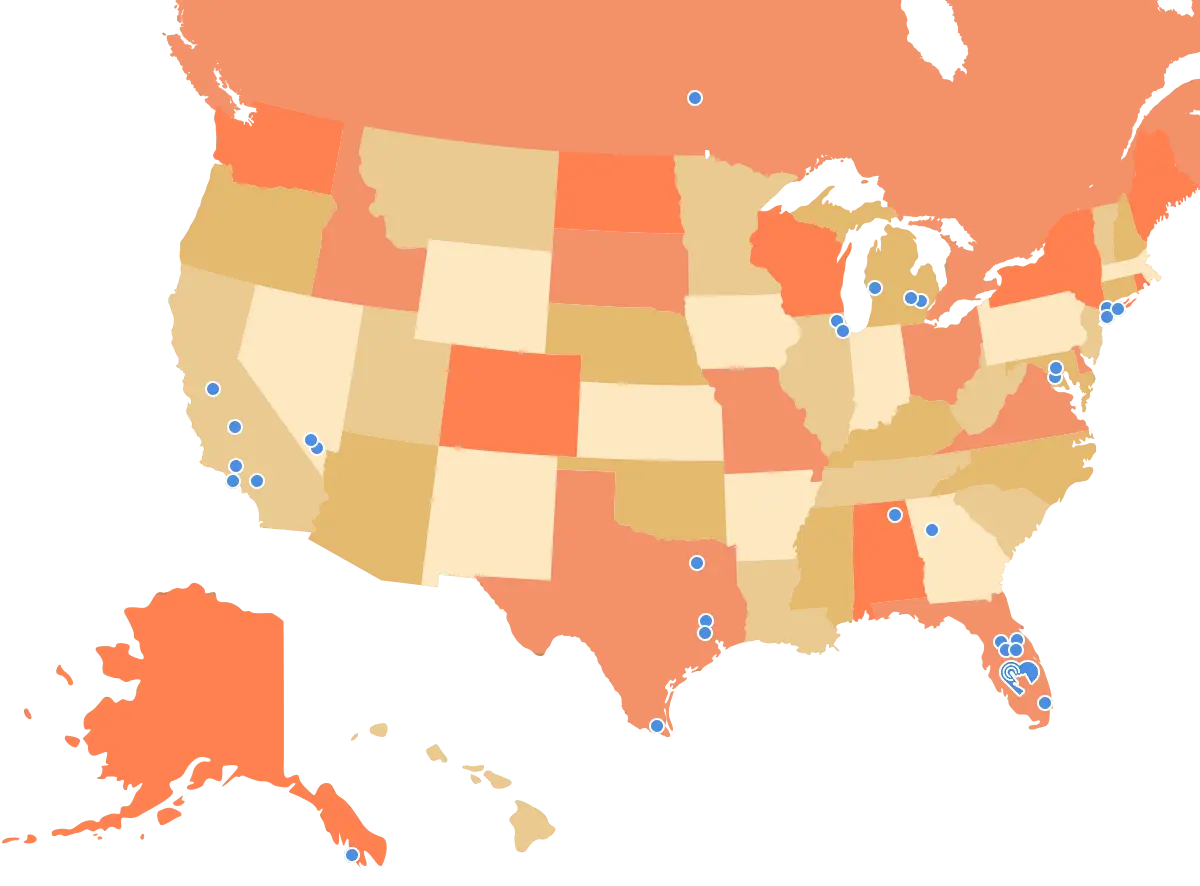
The Medek Health Network
The Medek Health network of technology solutions can help you and your business reach its full potential.
Get to know our solutions
Medek RPM
Expand the potential of your practice with Medek RPM: increased revenue for you and quality of care for your patients.
Learn More
Medek Connected Care
State-of-the-art healthcare options for patients with chronic conditions. The convenience of telehealth meets tailor made treatments.
Learn More








